His journey started in distinctly low-key fashion 50 years ago this month when he came on as a substitute during an Aberdeen match in Greenock.
But it was the debut of a legend who amassed 796 competitive appearances for the Dons, gained 65 Scotland caps, and won enough prizes to fill a cabinet.
Ever since thpse halcyon days in the north east, I’ve seen many grown men reduced to quivering jellyfish when they are in the company of Willie Miller.
And I’ve heard hardened taxi drivers correct people who refer to the former captain as either “Willie” or “Miller” or both.
Indeed, one of the cabbies told me: “You mean God!” and he honestly wasn’t joking.
Greatest-ever Pittodrie performer
So there was perhaps a sense of inevitability about the outcome when Aberdeen FC asked fans to nominate their greatest-ever Pittodrie performer in a centenary commemoration 20 years ago this month.
Following the initial poll, the choice was narrowed down to 10 players: Miller, Martin Buchan, Alex McLeish, Gordon Strachan, Joe Harper, Mark McGhee, John Hewitt, Peter Weir, Jim Leighton and Duncan Shearer.
That’s a quality grouping (including seven Gothenburg heroes), and it doesn’t even include such figures as Dougie Bell, John McMaster, Steve Archibald and Eric Black.
But, of course, the result was never really in doubt – not least because Miller was Alex Ferguson’s mirror on the pitch, the team’s master motivator and driving force in the search for ever-higher standards and somebody whose relentless professionalism was the cornerstone for all the trophies snaffled up by the club in the 1980s.
The Glasgow-born teenager with a passion for the sport from childhood was spotted by Dons scout Jimmy Carswell and signed on an S-form at the age of only 14.
Yet, while he is most famously remembered as a world-class defender, it’s easy to ignore the fact that, when he first arrived in the Granite City in 1971, he was farmed out to Peterhead, where he proceeded to score 23 goals in the Highland League as a striker.
Last week, the Dons celebrated their 120th anniversary and, even as the clock ticks down on the Gothenburg Greats being accorded the Freedom of the City next month, Miller’s reputation, if anything, is even higher than it was in 2003.
️🆎⚽️🏆 Our Gothenburg 40th anniversary special is out NOW!
80 pages on @AberdeenFC's run to 1983 European Cup Winners' Cup glory – inc. exclusive chats with Sir Alex Ferguson and the players, never-published pics and much more.
Available in all good newsagents/Co-op stores. pic.twitter.com/8i32r2E8Nn
— P&J Sport (@PandJSport) April 17, 2023
Willie and Denis are kindred spirits
He is now working as an ambassador for the Denis Law Legacy Trust, spreading the message about the terrific initiatives which have been launched by that organisation, and it’s appropriate Miller should have joined forces with Law, the Aberdeen-born maestro, who is widely perceived as the greatest from his home city to play the game.
It’s almost half a century since Miller made his first-team debut as a substitute for Arthur Graham against Morton at Cappielow on April 28 1973 – the visitors won 2-1 – and there were purrs of approval from supporters who recognised this lad was something special.
One of the most significant aspects of the young Miller’s personality was that he knew what he wanted, spoke his mind, and wasn’t afraid of upsetting anybody – not even the formidable Ferguson when these two giants initially locked horns.
As he recalled: “When Fergie arrived, he used to keep referring to his St Mirren players and that annoyed me.
“He had his ideas on how the game should be played and I had mine, but we saw each other’s point of view and there was a compromise.
“Through the arguments, we had a couple of head-ons and I felt the better for it. His aggressive style of man-management didn’t bother me – in fact, it helped.
“Perhaps he should have changed the style for other players who couldn’t take it, but his strengths were his tactical ability and his motivation.
“He knew how to play the top European teams, had a gift for choosing the right players for the occasion and, over the piece, you just can’t argue with what he achieved at Aberdeen. The success is all there for everybody to see.”
‘Never regretted’ staying with Aberdeen
One curious aspect of the story is Miller was given the opportunity to move to England on lucrative terms when his contract came to an end in 1981 and he ventured down to Sunderland to discuss the matter with the Roker Park club.
Ferguson, for his part, was offered the managerial job at Wolves the following year, offering a quirky: “What if one or both had left Pittodrie before Gothenburg?”
However, Miller was a shrewd cookie and sensed the momentum being cranked up by his Govan gaffer in the city of the Northern Lights.
As he said: “I would have been substantially better off (on Wearside), but I didn’t like the place. It was a big club, but it was like a mausoleum. They were living in the past and mainly on the memory of winning the FA Cup in 1973.
“So I stayed with Aberdeen and I never regretted that decision. The success we had has been much more important than money. It all culminated in Gothenburg, and that is something which people are still talking about today.”
Characters such as Willie Miller don’t come along very often. When they do, they should be cherished. And, maybe, that “God” nickname isn’t so sacrilegious in this case.
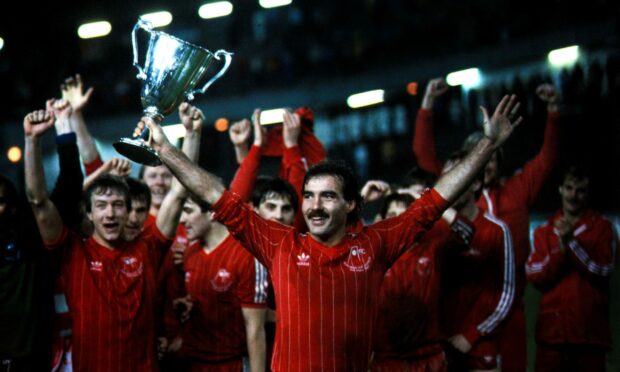
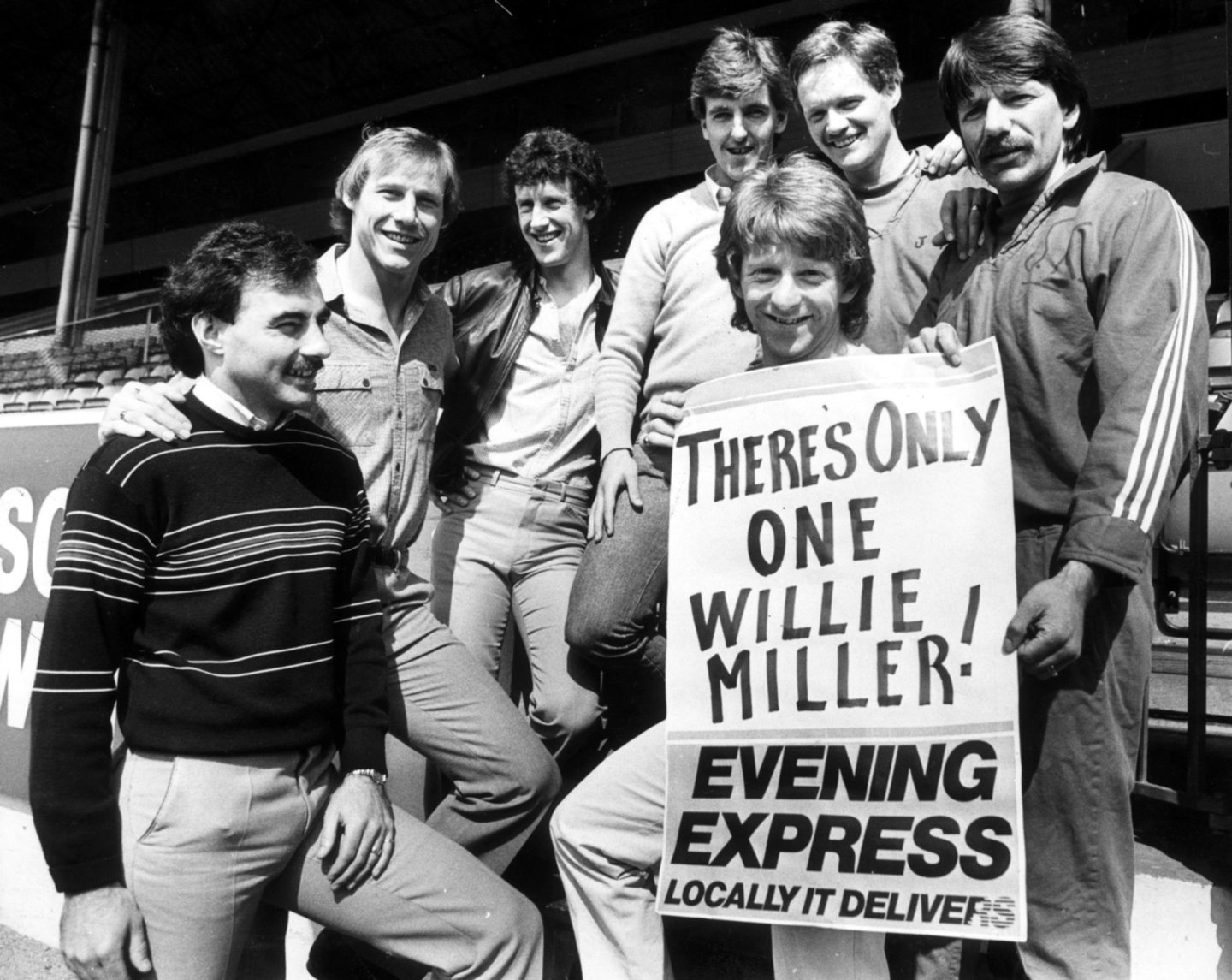
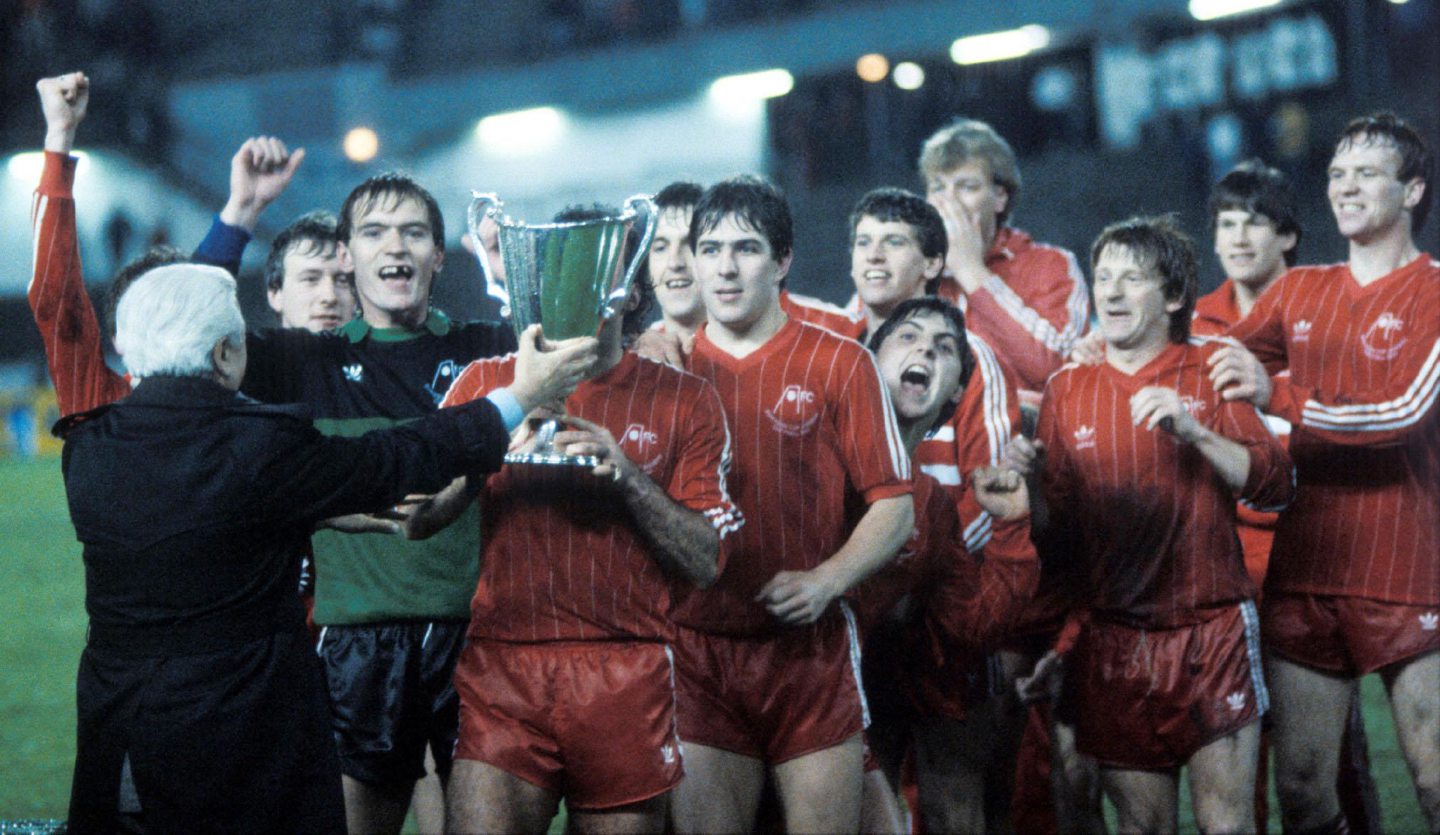
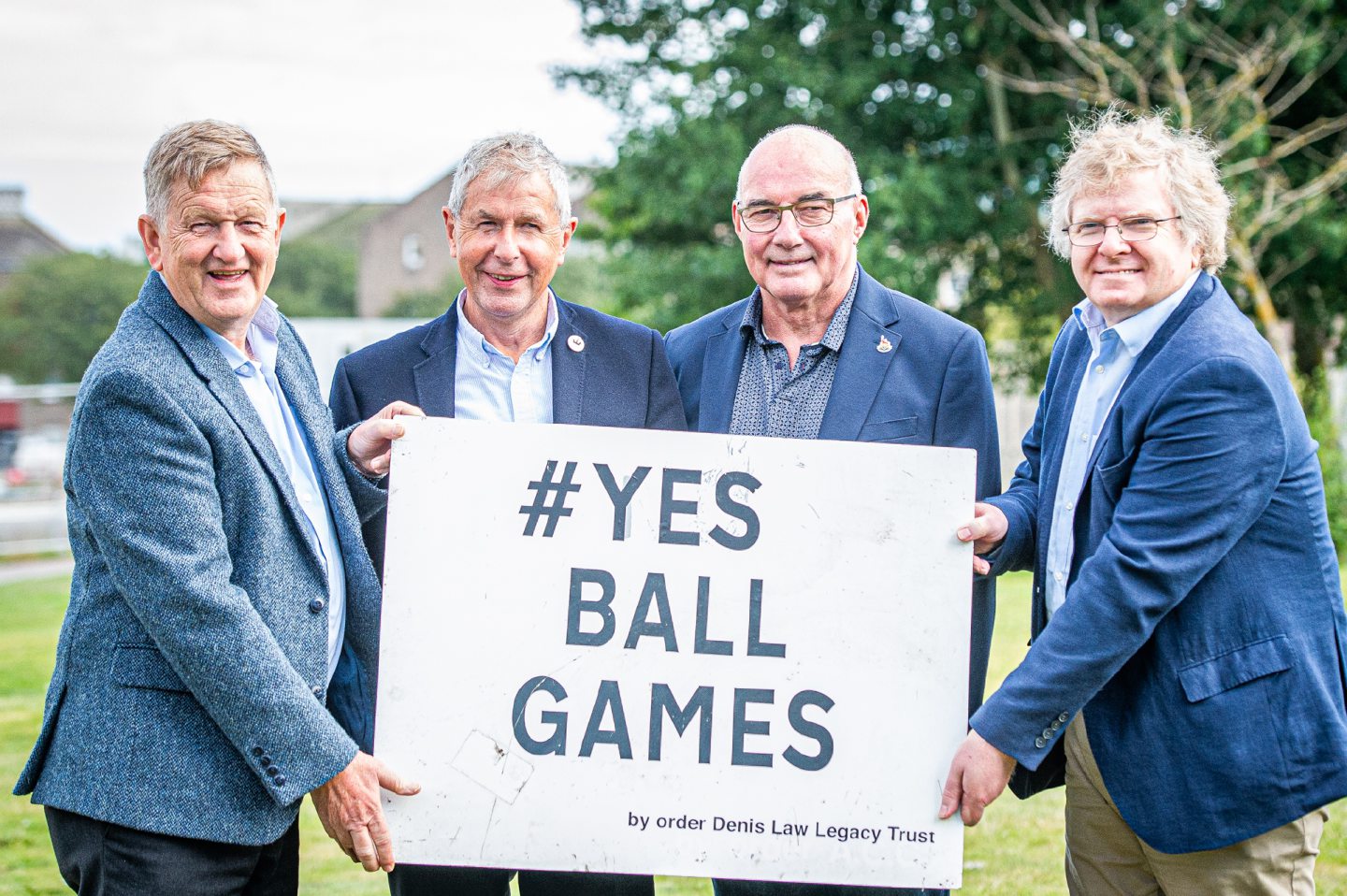

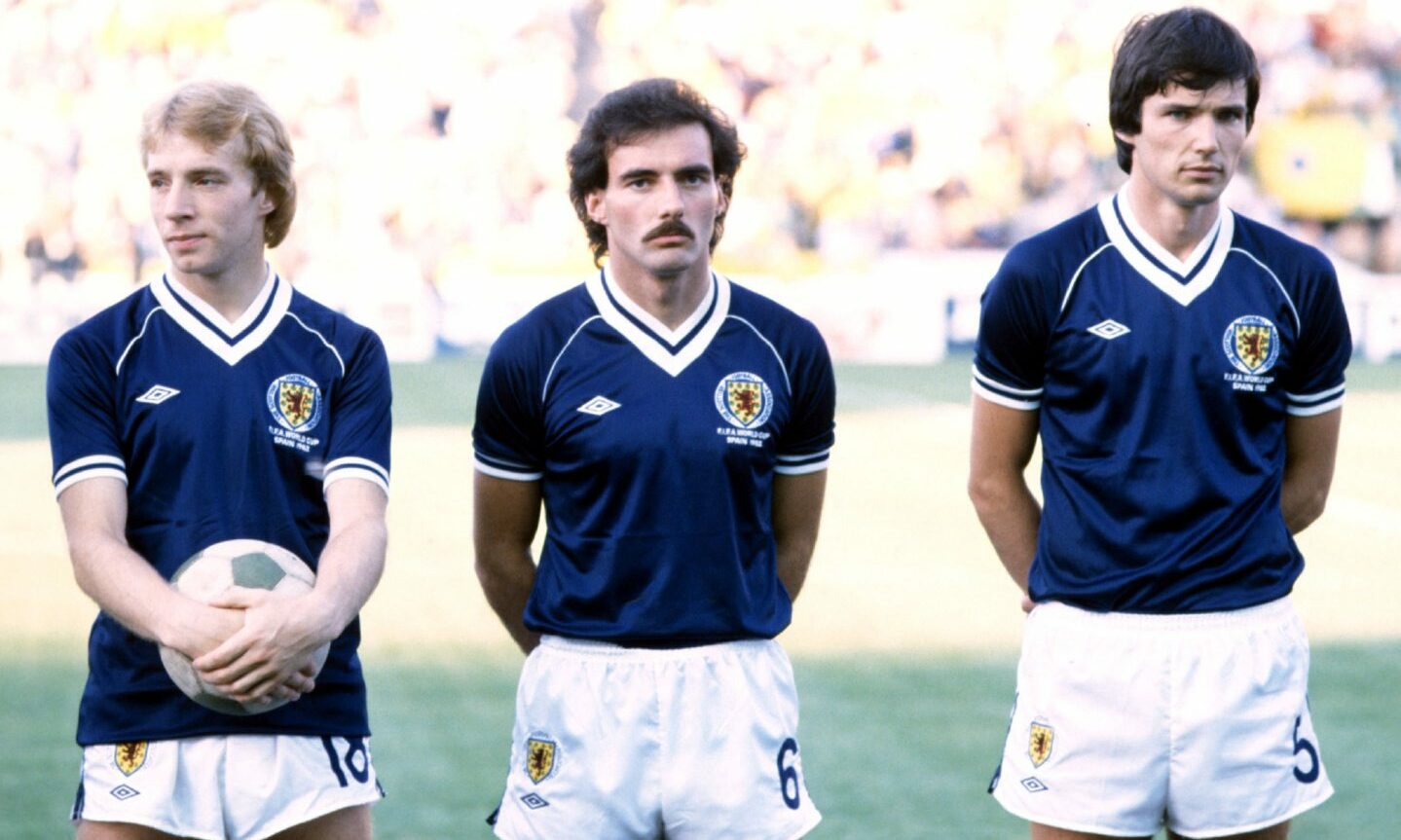
Conversation